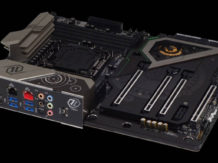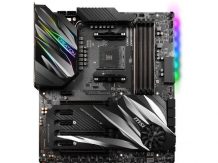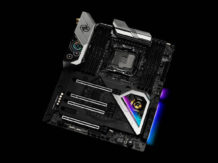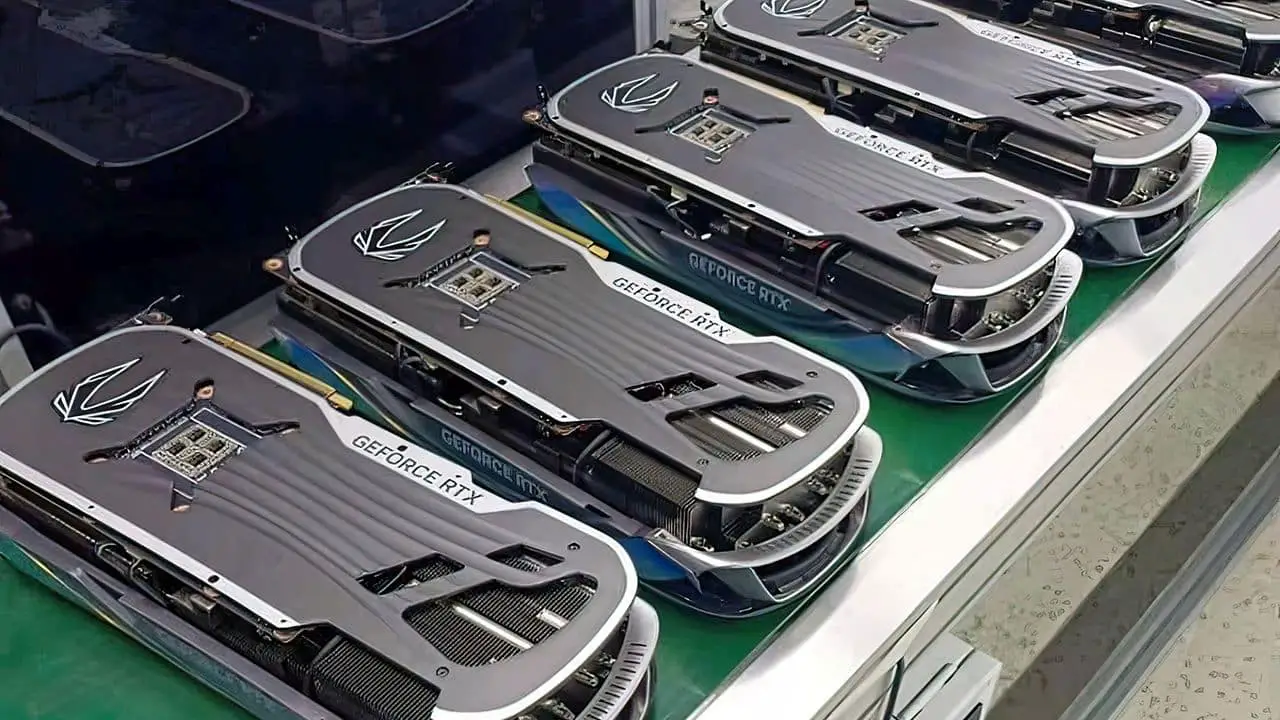Intel Xe HPG, the gaming video card struggling with 3DMark. Is it shortly before the debut?
Raja Koduri, the man who is leading the return of Intel in the world of GPU dedicate, suggests that the debut of the first gaming video card is getting closer and closer, even if the “how much” is still to be determined – for now we remain anchored to “a generic 2021”. In a Twitter post, Koduri showed one screenshot of the next 3DMark feature test dedicated to Mesh Shaders, emphasizing that it is a frame reproduced by an Xe HPG GPU.
Xe HPG (High-Performance Gaming) is the architecture that Intel anticipated last August at the Architecture Day 2020 and that was created specifically for the gaming world. A product that will represent the union of some aspects of the other architectures on which Intel has worked: Xe LP, Xe HP and Xe HPC. Gaming architecture should take Xe-LP graphics efficiency, Xe-HP scalability, and Xe-HPC computing efficiency, without missing the ability to manage ray tracing in hardware. The GPU is rumored to have up to 512 Execution Units, for a total of 4096 shader units, flanked by GDDR6 memory. Of this information, however, only that of memory is confirmed.
Regarding the Mesh Shader, this is a flagship feature of DirectX 12 Ultimate, currently supported by both Nvidia (Turing, Ampere) and AMD (RDNA 2). However, Nvidia was the first to talk about it by introducing the Turing GPUs (GeForce RTX 2000), explaining that it is a feature that gives developers new possibilities for create more complex scenes and avoid some bottlenecks they run into. For example, the new approach allows memory to be read once and kept on the chip.
Mesh shaders allow you to use threads cooperatively to generate compact meshes directly on the chip, available to the rasterizer. This is a simpler, two-step approach that is beneficial for applications and games with high geometric complexity. This approach improves the programmability of the geometric pipeline, allowing the implementation of advanced culling techniques or the generation of a fully procedural topology. Nvidia at the time released the Asteroids demo (below), in which it showed the mesh shaders in action.
Last year Intel said Xe HPG GPUs would be produced externally to its plants, by turning to a partner such as TSMC or Samsung. It is unlikely that the new CEO Gelsinger (officially operational since February 15) changes this decision, as there may not be the material time to proceed with internal production. We just have to wait for more details, but the Xe HPG project seems well advanced, so we expect official information from Intel within a few months.
In closing, we remind you that Intel has already introduced SG1 in the server field, Iris Xe in the desktop field and Iris Xe Max as a dedicated GPU on notebooks. All three of these projects are based on the Xe LP architecture and have no ambitions in the gaming sector.
















